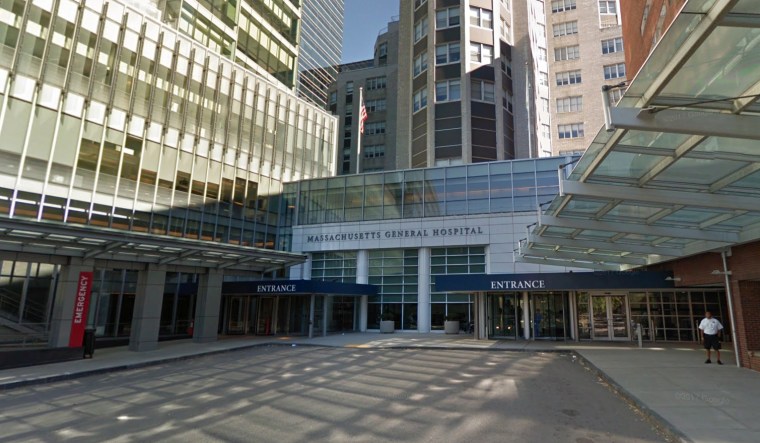As the coronavirus crisis intensified, and many Americans started losing their employer-based health coverage, the Trump administration considered creating a special open-enrollment period for the Affordable Care Act. It seemed like a common-sense move, which had the backing of private insurers.
But the White House balked, to the surprise of nearly everyone involved in the process. As Politico reported the other day, the decision appeared to be largely political: Team Trump didn't want to turn to "Obamacare" to help people in a crisis.
"You have a perfectly good answer in front of you, and instead you're going to make another one up," one Republican close to the administration said. "It's purely ideological."
It also left the White House in search of a policy alternative. Roll Call reported on the apparent solution: the administration plans to reimburse providers for uninsured COVID-19 patients.
Health and Human Services Secretary Alex Azar said at a White House press briefing that hospitals and health care providers would be reimbursed at Medicare rates for the treatment of uninsured patients. Providers would be banned from balance billing patients or sending them a surprise medical bill to make up the difference in costs not covered by the government.
Note, there was already a policy in place to cover the cost of virus testing, regardless of coverage status. This new policy goes considerably further: uninsured Americans who get the virus will be able to go to the hospital and receive care, and the federal government will reimburse the medical facilities for the cost.
Donald Trump said on Friday that his administration intends to use funding from the $2.2 trillion CARES Act, which was approved by Congress two weeks ago.
So, good news, right? On balance, absolutely. There are untold numbers of Americans who fear they may have contracted the virus, but many are reluctant to seek medical care because they lack coverage. Under the new policy, this will no longer be a concern, which in turn could save lives. It's a big step in the right direction.
There are, however, some lingering concerns. For one thing, many hospital administrators have said their facilities are facing a severe financial crunch now, and the new policy is based on after-the-fact reimbursements. That money will arrive, but not anytime soon.
For another, the uninsured can take comfort in the fact that COVID-19 care won't leave them with medical bills they can't afford, but that's just one possible ailment. There's still value in helping more Americans get actual health care coverage, which is why it still seems like a mistake that the White House vetoed the idea of a new open-enrollment period.
A New York Times report added that there are other concerns about whether the funding will go to facilities in the states hardest hit by the crisis: "The administration's plan ... would tend to shift more money toward states with more uninsured patients. New York, California and Washington, which have experienced early surges in infections, entered the crisis with very low levels of uninsured residents. Republican-led states, like Florida and Texas, that have declined to expand Medicaid are likely to benefit more from funding targeted directly at uncompensated care."
To be sure, the new policy is vastly superior to the one in place before Friday -- when there was no policy to speak of. I'm glad to see this step forward, but it's not a comprehensive solution.
